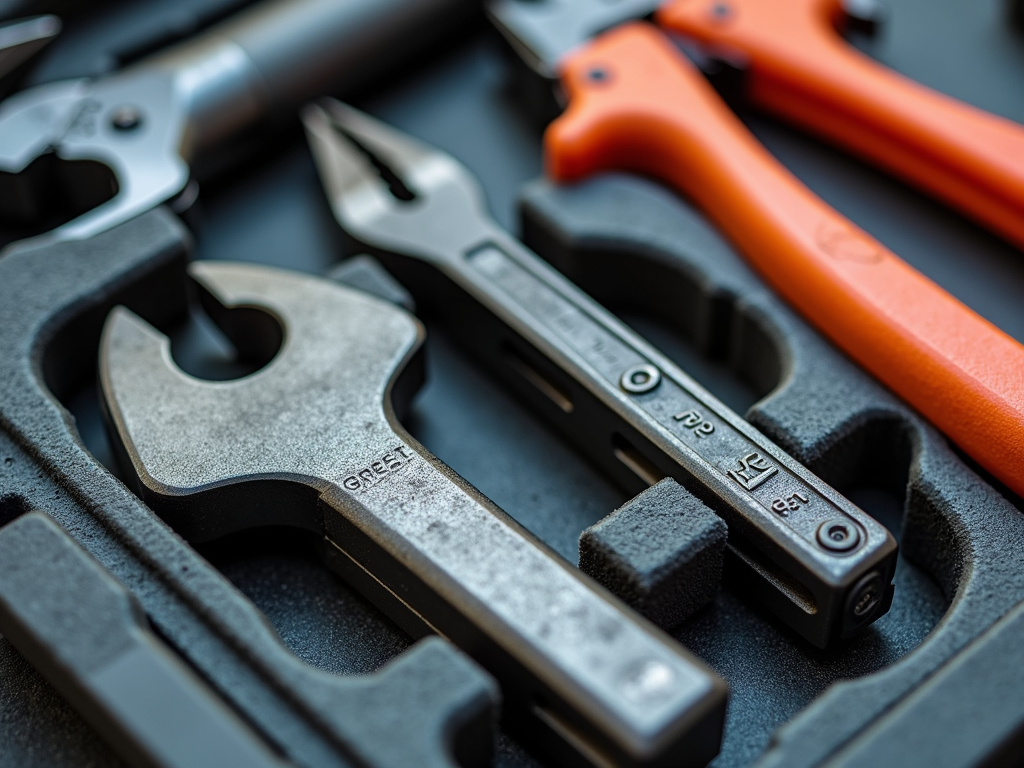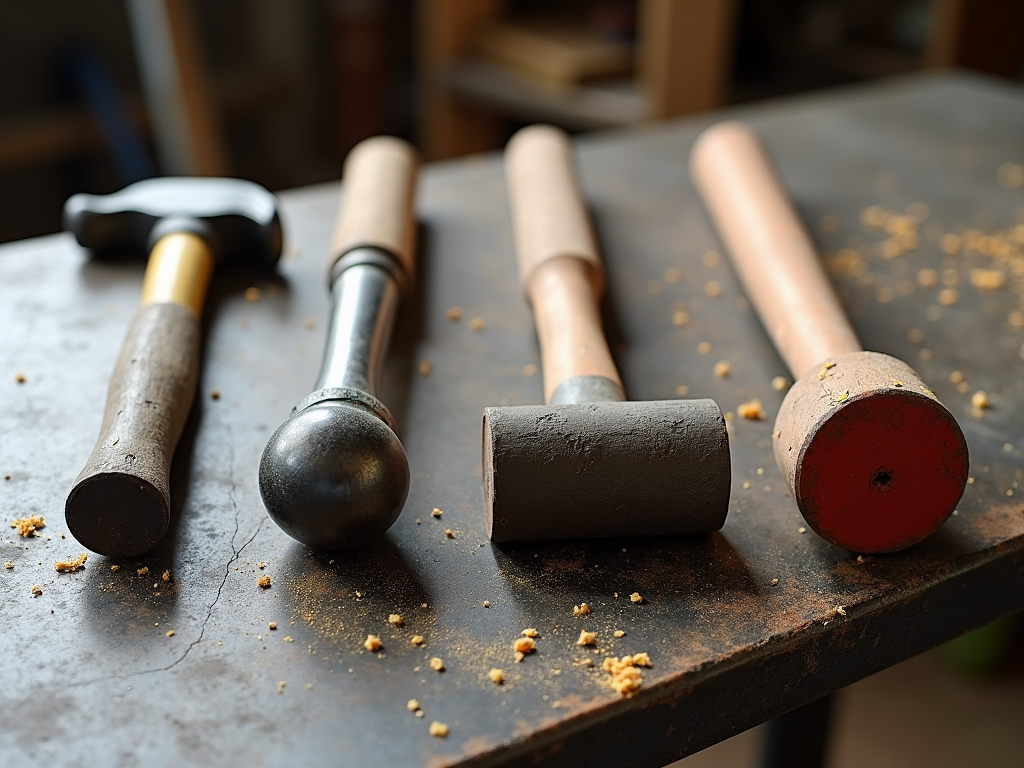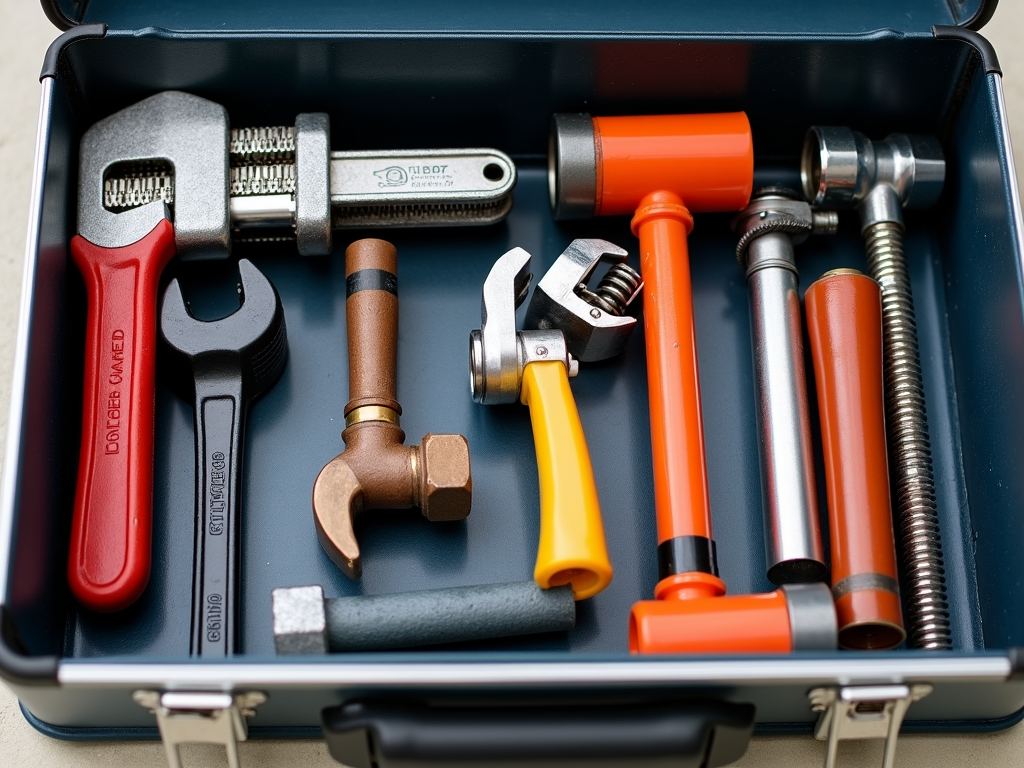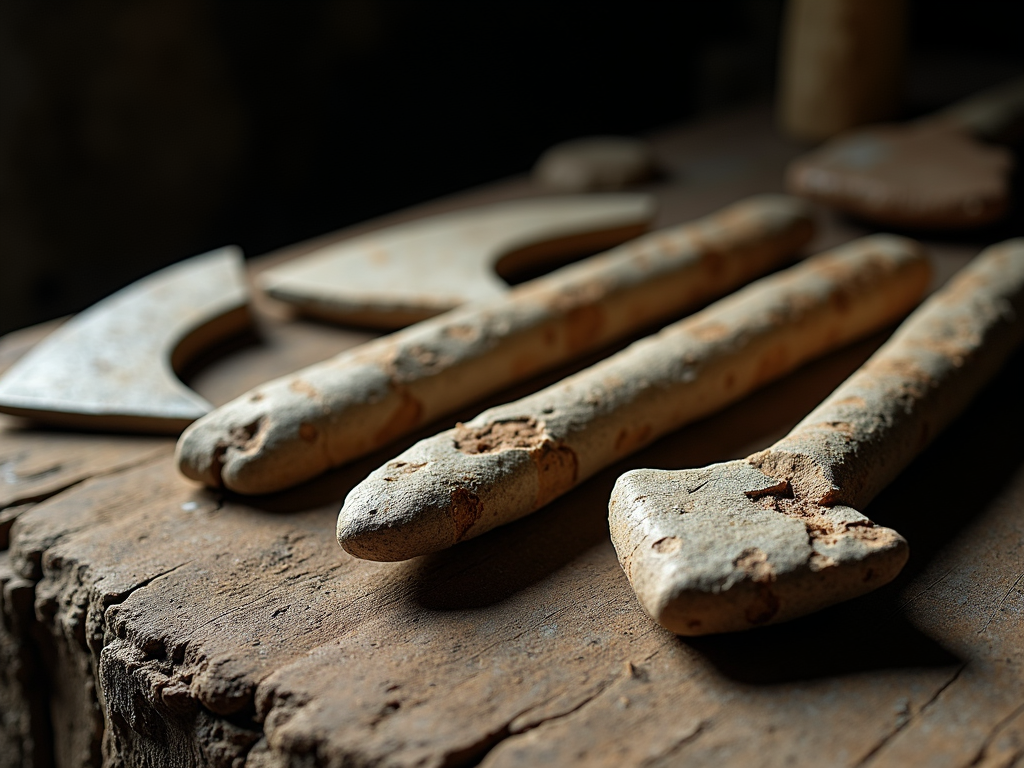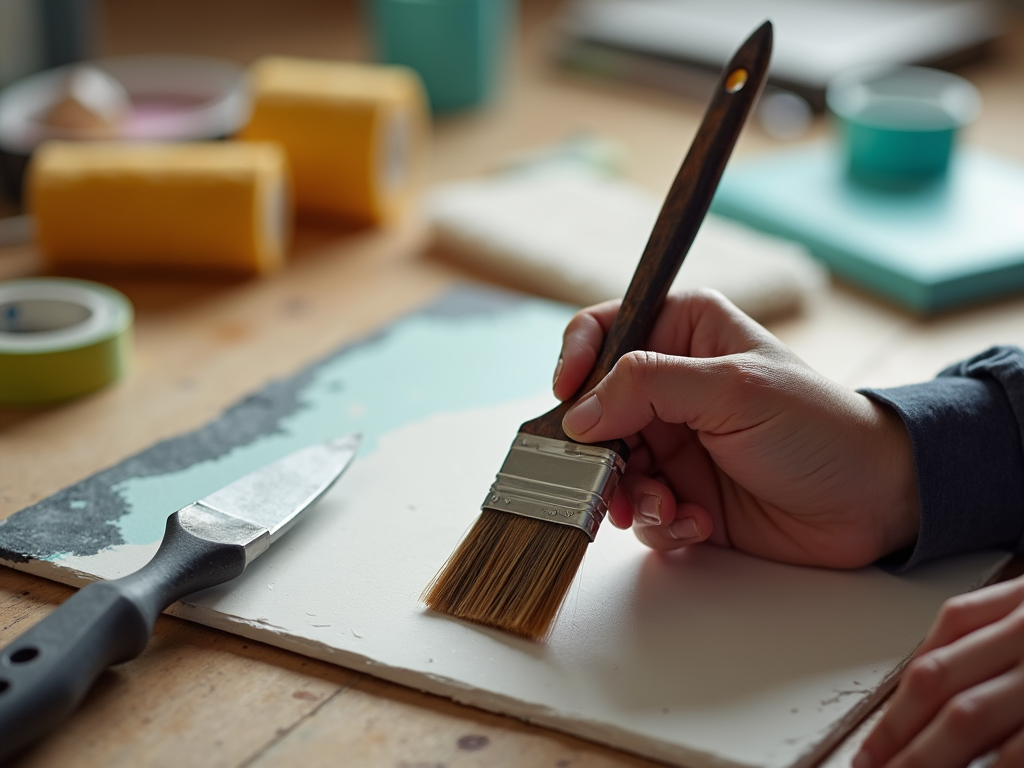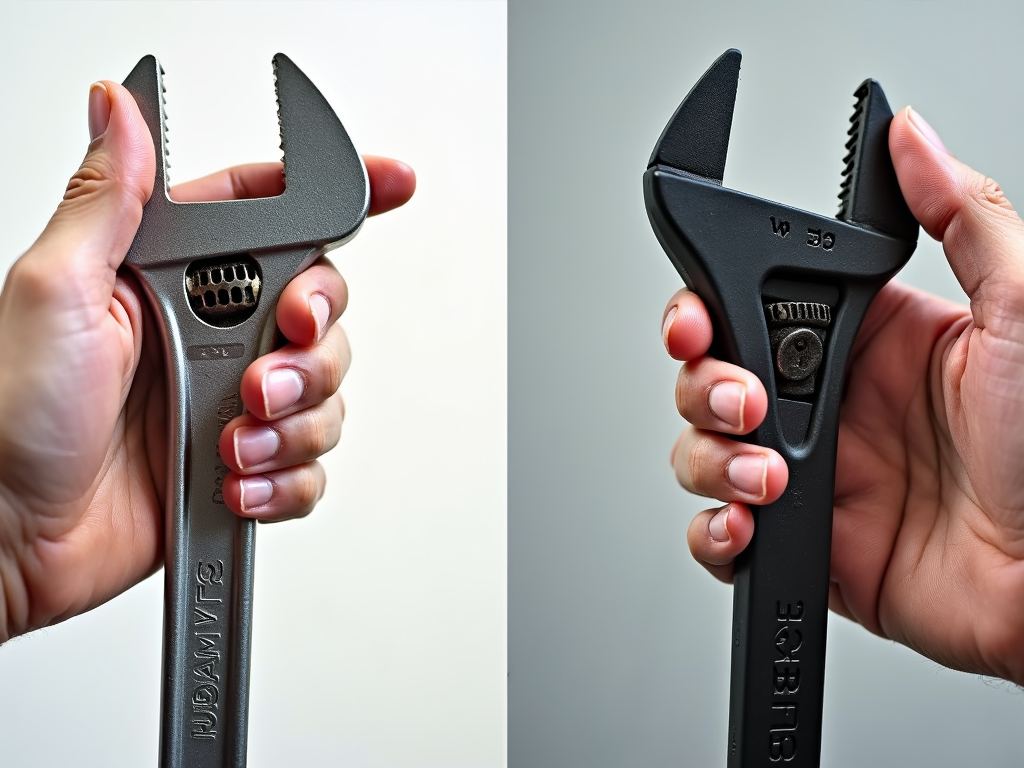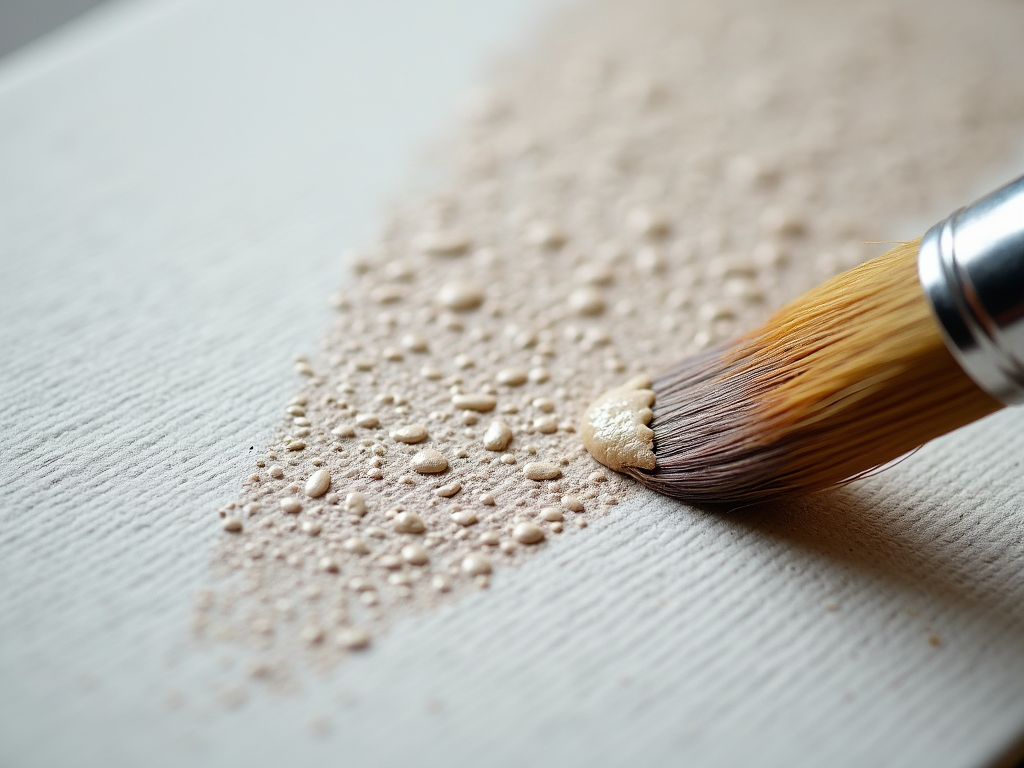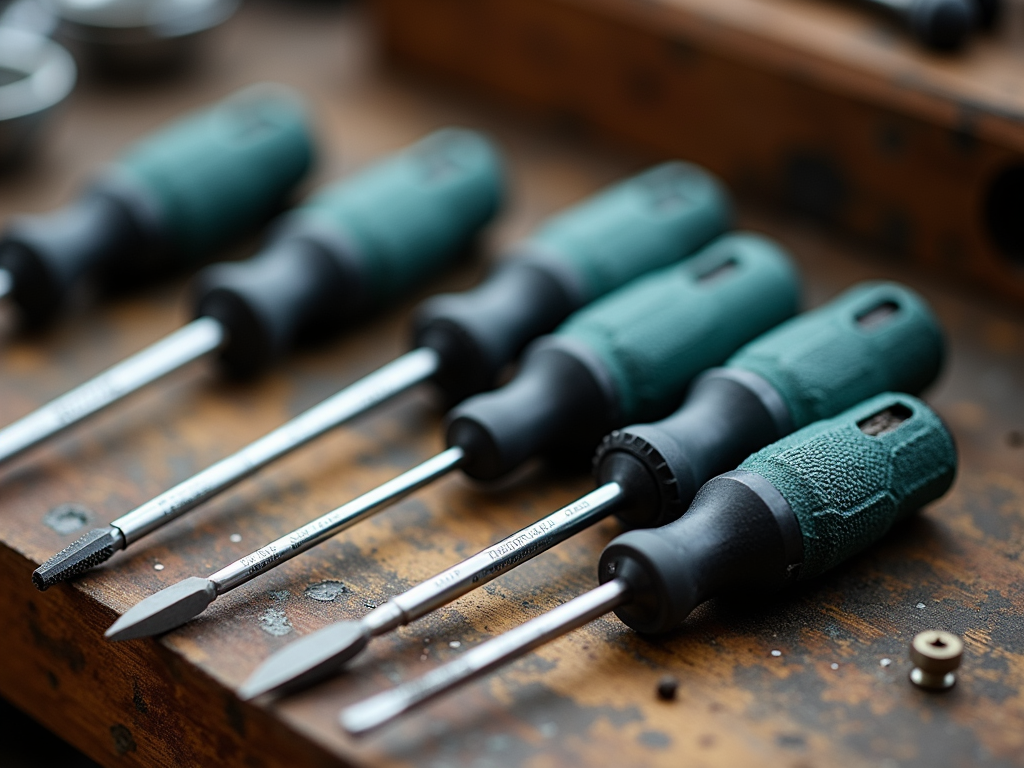Electrical work demands precision, safety, and the right tools. Whether you're wiring a new outlet or troubleshooting a circuit, having quality workman tools for electrical work can make or break your project. This guide dives into the must-have tools, shares real experiences, and shows how some tools overlap with woodworking tools. Let’s get started!
Why the Right Tools Are a Game-Changer
Years ago, I tried fixing a light switch with a cheap pair of pliers. Big mistake. The wire slipped, I scratched my hand, and the job took twice as long. That taught me: good tools aren’t a luxury—they’re a necessity. Workman tools for electrical work save time, boost safety, and deliver results you can trust.
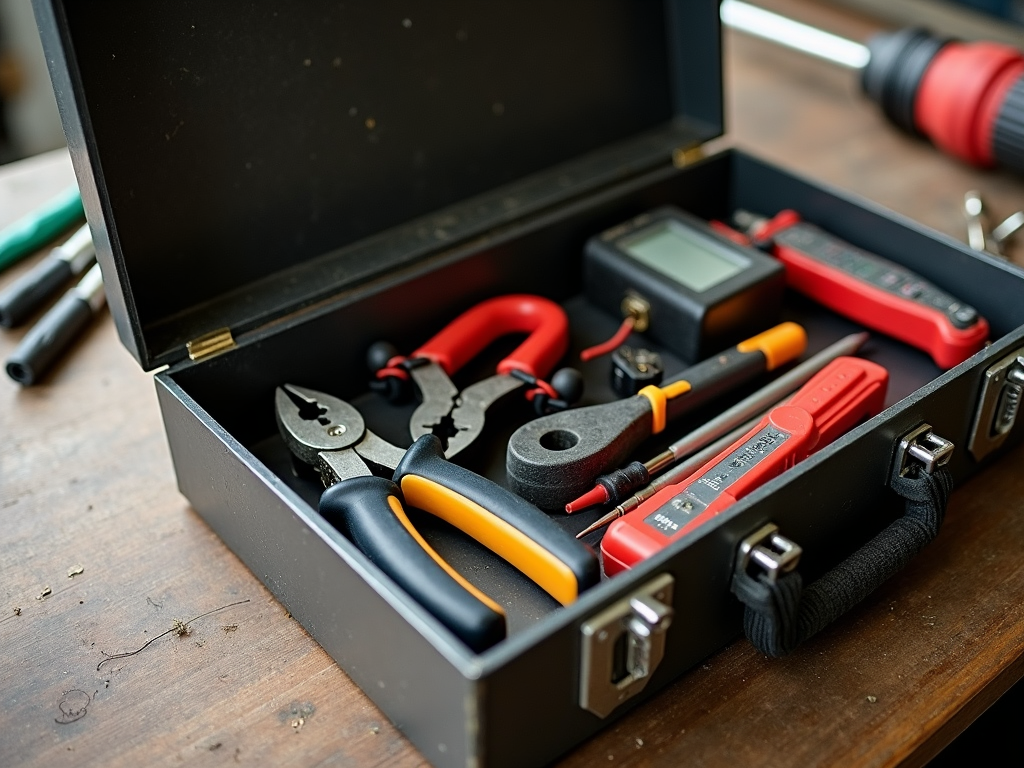
Core Tools You Can’t Work Without
Here’s a rundown of the tools every electrician—or DIYer—needs:
- Wire Strippers: These cut and remove insulation cleanly. Adjustable ones handle any wire size.
- Multimeter: Measures voltage, current, and resistance. Perfect for finding faults fast.
- Pliers: Needle-nose for tight spots, lineman’s for heavy-duty cutting.
- Screwdrivers: Insulated flathead and Phillips for safe screw handling.
- Voltage Tester: A quick way to check if power’s live—no surprises.
- Fish Tape: Pulls wires through walls or pipes smoothly.
- Conduit Bender: Shapes metal pipes for clean installations.
Each one’s a lifesaver on the job.
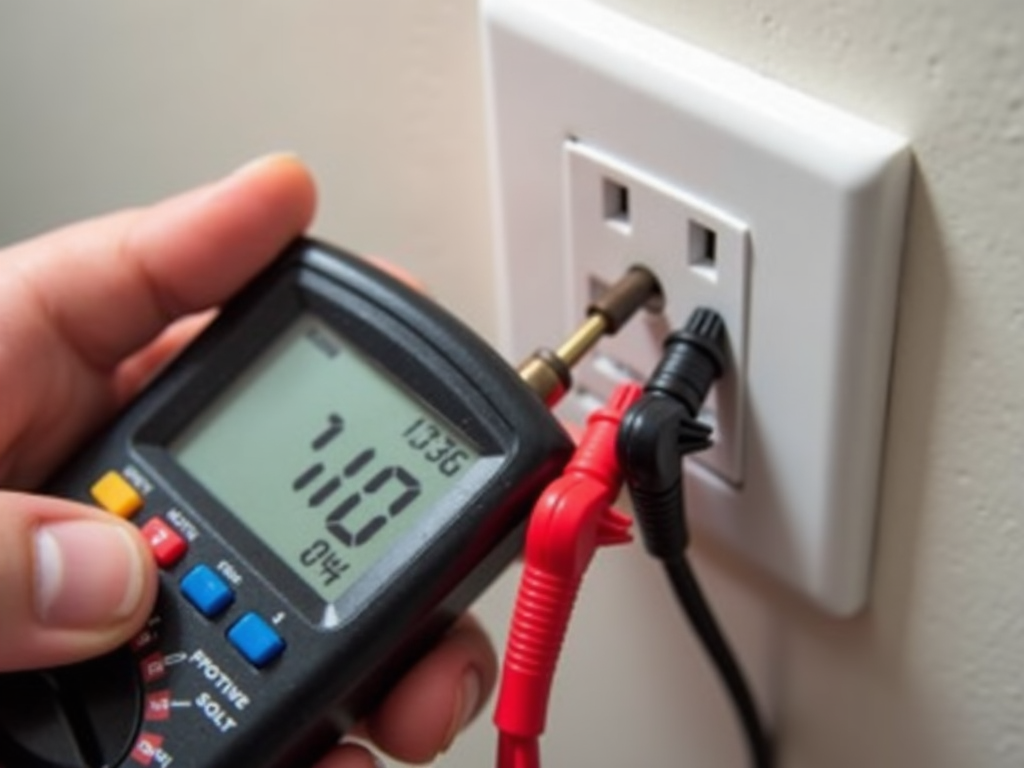
Safety Gear: Your First Line of Defense
Tools alone won’t cut it—you need protection. Insulated gloves stop shocks, and safety glasses keep sparks out of your eyes. I once saw a friend skip gloves and get a jolt from a live wire. He was fine, but it was a wake-up call. Never skimp on safety.

Where Electrical and Woodworking Tools Meet
Some tools cross over into woodworking. Take drills—they’re handy for both trades. Electricians drill through studs; woodworkers shape furniture. Saws are similar: a reciprocating saw cuts conduit for electricians and wood for carpenters. Knowing this can stretch your toolkit’s value.
How to Pick the Best Tools
Choosing workman tools for electrical work isn’t hard if you focus on:
| Factor | Why It Matters |
|---|---|
| Quality | Durable tools last longer |
| Comfort | Good grips prevent hand strain |
| Insulation | Protects against shocks |
| Versatility | Multi-use tools save space |
Spend a little more upfront—it pays off.
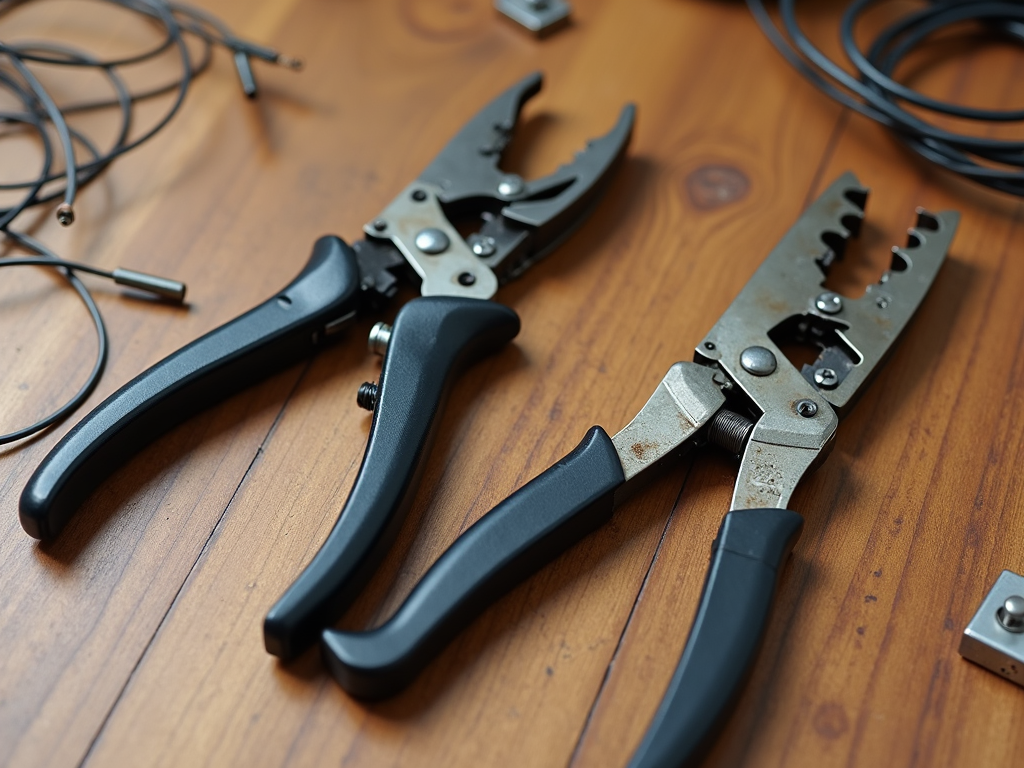
Keeping Your Tools in Top Shape
A well-maintained tool is a reliable tool. Here’s how:
- Wipe them down after use—grease and dust build up fast.
- Store them dry—rust is the enemy.
- Check insulation for cracks—replace anything worn.
- Test your multimeter monthly—accuracy matters.
I learned this the hard way when a dirty screwdriver slipped and ruined a terminal.
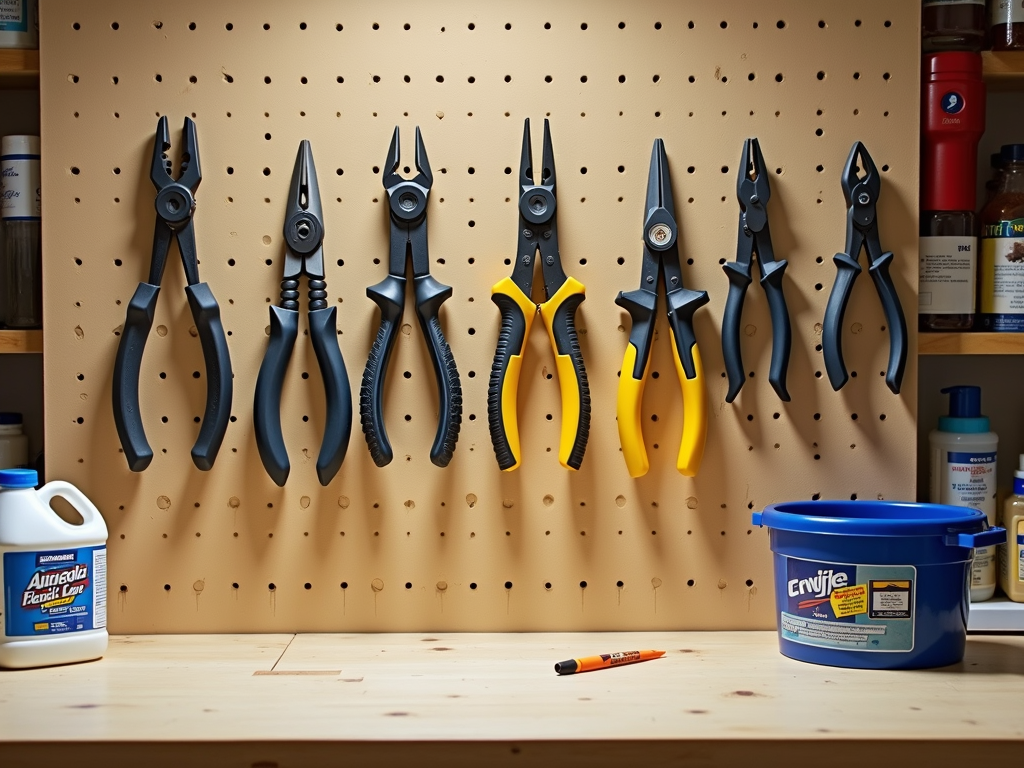
Real-World Tips From the Field
One trick I’ve picked up: label your toolbox sections. It sounds simple, but it saves time when you’re rushing. Also, test old circuits with a voltage tester even if you think they’re off—trust me, surprises hurt. For big jobs, keep a spare multimeter handy; batteries die at the worst moments.
Why It All Matters
Good tools don’t just make work easier—they make it safer. A study from the National Institute for Occupational Safety and Health found that proper equipment cuts electrical injuries by over 30%. That’s real peace of mind, whether you’re a pro or just rewiring a lamp.

Wrapping It Up
From wire strippers to safety glasses, the right workman tools for electrical work are your ticket to safe, solid results. They’re worth the investment—both for your projects and your well-being. Keep them maintained, choose wisely, and you’ll tackle any job with confidence. Ready to wire up?
Related workman tools for electrical work:
- Tool Maintenance Tips for Longevity: Essential Guide for Workman Tools
- Guide to Essential Tools for Beginners
- Smart Ways to Train for Construction Safety
- Essential Workman Tools for Plumbing Projects
- Top 10 Must-Have Tools for Every Workman
- The Importance of Regular Plumbing Maintenance
- A Look Back at Workman Tools Through the Years
- Easy DIY Projects for Newbies: Start Your Crafting Journey Today!
- Essential Tools Every Painter Needs in Their Toolkit
- How Ergonomic Tools Boost Productivity: A Comprehensive Guide
- Master Your Brush: Top Painting Techniques to Try
- Best Practices for Selecting Automotive Tools
